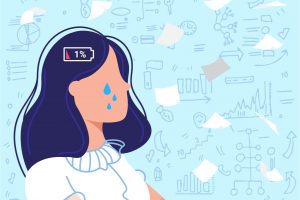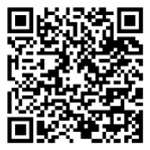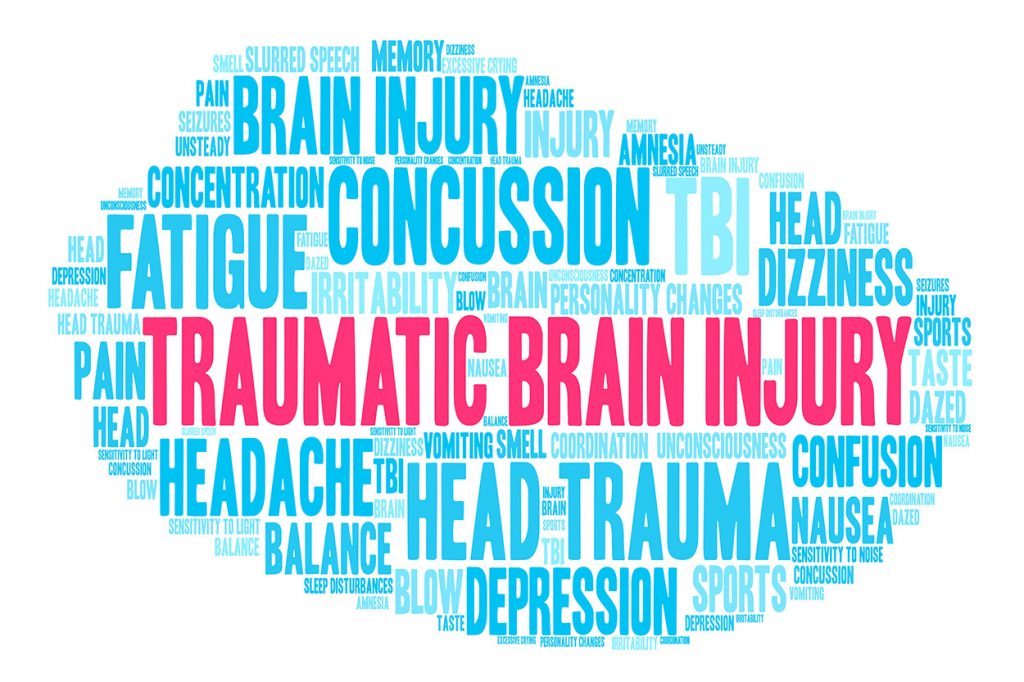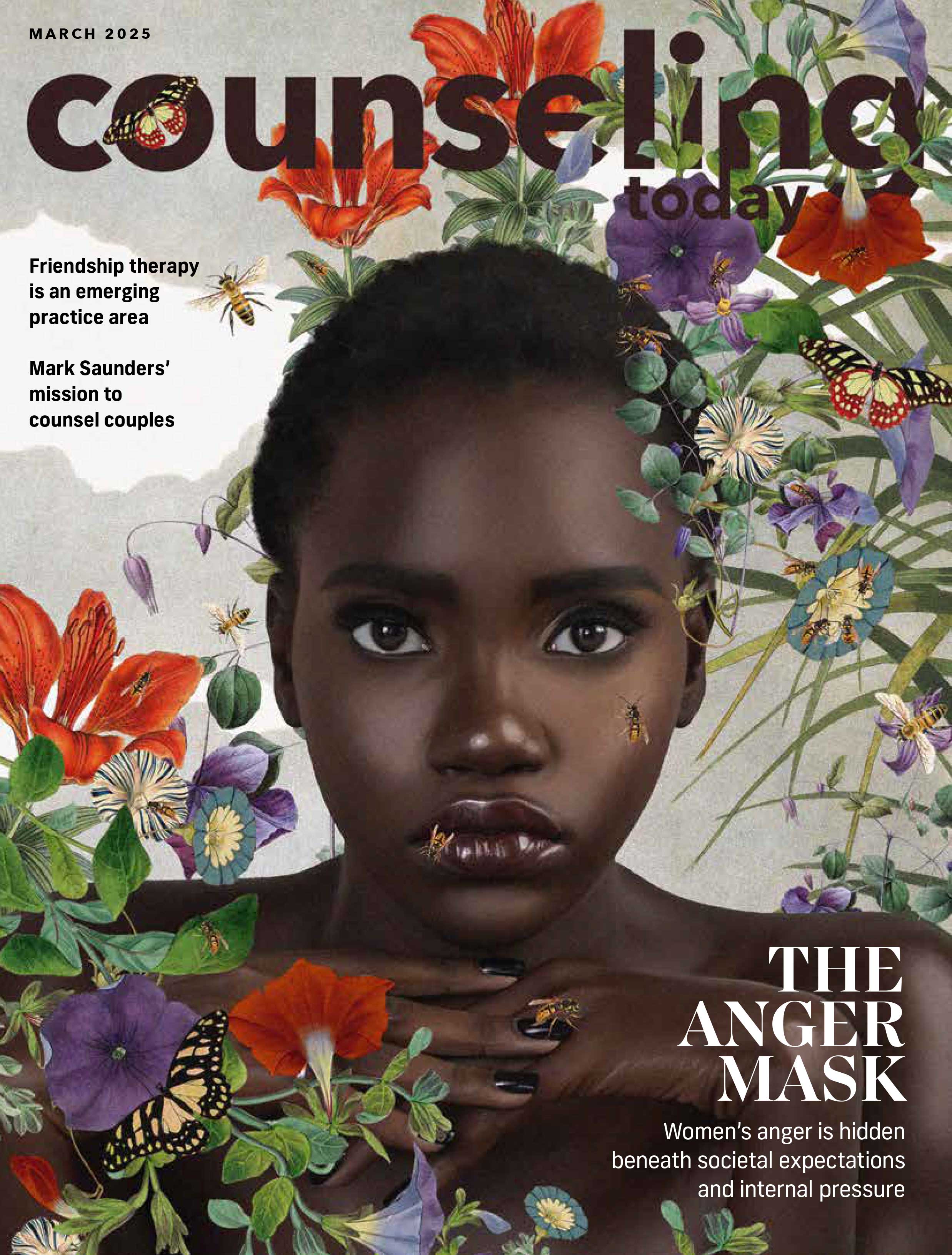Explore Counseling Today Articles
-
 Journeying through betrayal traumaJune 2022 |By Allan J. Katz and Michele Saffier
Journeying through betrayal traumaJune 2022 |By Allan J. Katz and Michele SaffierIndividuals who discover a partner’s infidelity and deception must undertake a challenging journey to find healing for the mind, heart and soul.
-
 Past, present or future: Where do you usually live?June 2022 |By Madhuri Govindu
Past, present or future: Where do you usually live?June 2022 |By Madhuri GovinduWhen you are in the present moment, you are not waiting for the next moment to be fulfilling or happy.
-
 Behind the scenes with a counselor-in-trainingJune 2022 |By Allison Hauser
Behind the scenes with a counselor-in-trainingJune 2022 |By Allison Hauser"If you’re a counselor-in-training, licensed clinician or healer looking for an article to share when you’re too tired to explain to a loved one what’s going on for you, here’s that link."
-
 Sex-positive counselingMay 2022 |By Lindsey Phillips
Sex-positive counselingMay 2022 |By Lindsey PhillipsCounselors must increase their own comfort and knowledge around sexuality before they can help clients navigate theirs.
-
 How to elicit and implement group feedbackMay 2022 |By Ashley E. Wadsworth
How to elicit and implement group feedbackMay 2022 |By Ashley E. WadsworthGiven the complex variables at play in group settings, it is critical that counselors seek client feedback directly rather than relying on their own clinical judgments regarding treatment efficacy.
Tags: -
 Counseling after brain injury: Do’s and don’tsMay 2022 |By Bethany Bray
Counseling after brain injury: Do’s and don’tsMay 2022 |By Bethany BrayCounseling can make a big difference in the lives of people who have experienced a brain injury — as long as the practitioner understands the challenges they live with and nuances of their needs.
-
 Counseling girls and women in the current cultural climateMay 2022 |By Tracy Peed, Crissa Allen, Mary A. Hermann, J. Richelle Joe and Anna M. Viviani
Counseling girls and women in the current cultural climateMay 2022 |By Tracy Peed, Crissa Allen, Mary A. Hermann, J. Richelle Joe and Anna M. VivianiSuperwoman, #metoo, COVID-19 and so much in between: Refocusing on the complex, intersectional, and cultural needs of girls and women in counseling.
-
 Getting triggered as a counselorMay 2022 |By Lindsey Phillips
Getting triggered as a counselorMay 2022 |By Lindsey PhillipsCounselors will inevitably be confronted by countertransference, but by learning to recognize and manage it, an experience that has sometimes been stigmatized can become a tool for professional and personal growth.
-
 Self-esteem: Tending to the roots and branchesApril 2022 |By Bethany Bray
Self-esteem: Tending to the roots and branchesApril 2022 |By Bethany BrayImproving self-esteem involves exploring and dismantling unhealthy self-talk, values and beliefs that clients have internalized, often without realizing it.
-
 Preparing for private practiceApril 2022 |By Katie Bascuas
Preparing for private practiceApril 2022 |By Katie BascuasThree counselors share lessons learned so that other clinicians can enter private practice with eyes wide open — both to the challenges and the opportunities.
Search CT Articles
Filter CT Articles
Current Issue
Sign Up for Updates
Keep up to date on the latest in counseling practice. Sign up to receive email updates from Counseling Today.


